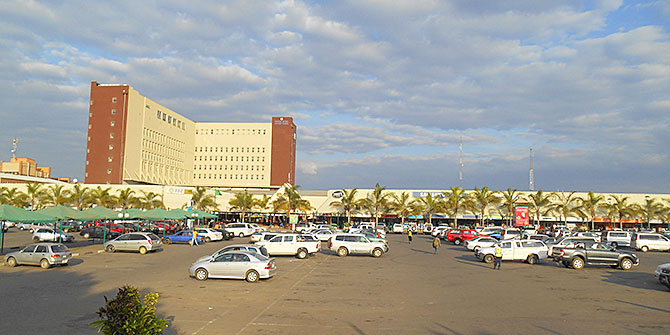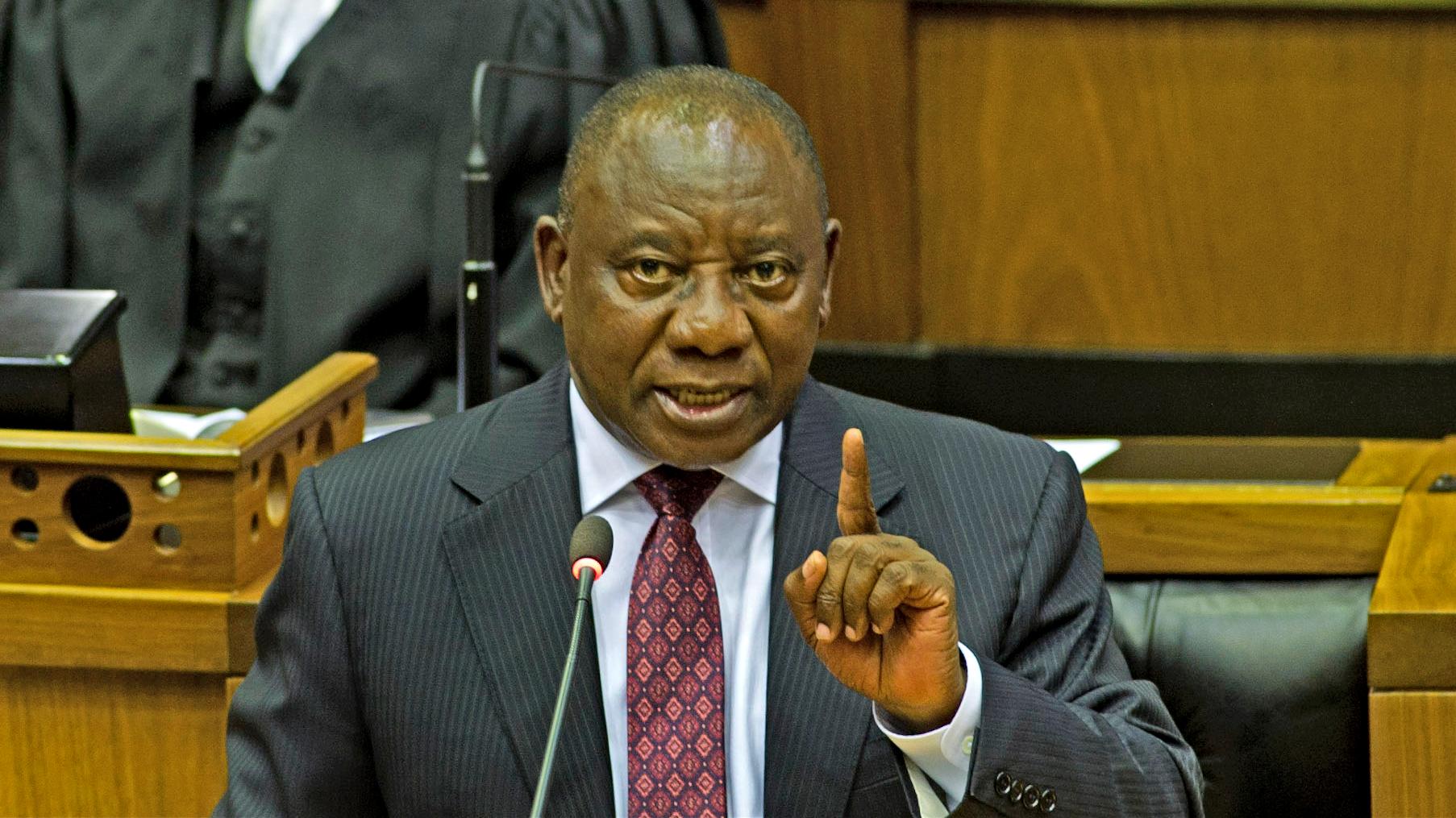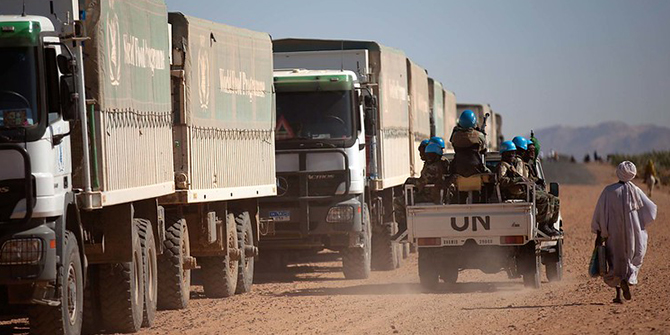Africa’s new free trade area opens the potential to create new markets and spur economic growth across the continent. But by ignoring informal trade, such state-centric tools could potentially end up making more opportunities for multi-nationals than for African citizens, writes Inocent Moyo.
The African Continental Free Trade Area (AfCFTA) should allow Africa to compete globally by creating an internal market and cross-border trade for its nations to utilise. The agreement includes protocols on trade in goods and services, and on the free movement of people. However, it is a state-centric project, which may not always be in sync with the everyday economic realities and activities of people in Africa’s informal economy, including cross-border traders.
The AfCFTA, protocols and informal cross-border trade
The AfCFTA’s protocol on trade in goods will gradually eliminate tariffs and non-tariff barriers to promote inter-African trade. This should help Africa develop regional and continent value chains. The protocol on trade in services also aims to liberalise the market for trade in services.
The stated objectives and the mechanisms of the protocols are clear about their projected effects on formal businesses, but the same cannot be said about the informal sector. It is not enough to assume that the liberalisation of the markets will have the same impact on informal cross-border as on formal traders. Formal businesses are registered entities and so are known to the government. This makes it easier for them to benefit from government initiatives, and for the government to tailor policies to support them.
Both protocols state the targeted impacts on private businesses as well as on micro, small, and medium enterprises, but there is no direct reference to informal cross-border traders. This suggests that the informal sector, and particularly the informal cross-border trader economy, is not fully understood in terms of its value and potential as a transformative power to socio-economic development.
Informal cross-border traders do not necessarily need formal channels, per se, they need recognition and a legislative environment and regulatory regime that enables their business. When informal cross-border traders operate in formal channels, they may have to compete with big formal businesses (which may be transnational or multinational companies), putting them at a disadvantage.
It is not a given that the reduction of tariff and non-tariff barriers will have the same impact on formal businesses as it will on informal ones. If there is no specific provision that targets these actors, it is inconceivable that actors may be protected by regulations meant for the formal sector.
Informal actors and cross-border movement
The protocol on the free movement of people confers visa-free travel, the right of residency, and the right to work to citizens of all signatories. Like the protocols on trade, it has limited information on how informal actors will benefit from it.
The enhancement of the free movement of people, in general, is not the same as the enhancement of the free movement of informal cross border traders who trade in goods and services. Trading in goods and services adds another layer to cross border requirements: It is the movement of a person plus the goods and these goods might not be covered by the same legal freedoms as the traders. The lack of very clear and specific provisions that cater to and protect these actors means that people may be free to move across borders, but not with their goods and services. This suggests the existence of symbolic, economic and/or political borders, which only the formal business actors can cross.
The African Union’s protocol on free movement has fewer signatories than the AfCFTA, which will limit its application. There is a serious reluctance by African countries to promote the free movement of people in general and this has implications for inclusive socioeconomic development. If the free movement of people is not favoured by African countries, it suggests that the free movement of actors like the informal cross-border traders across African borders is not welcome.
Implications for socio-economic development
The state centric approach of regional integration projects like the AfCFTA, risks informal actors falling through the cracks of their protocols and frameworks. More focus is given to formalised economic activities and the relative exclusion of informal economic activities is problematic because it marginalises the latter despite their demonstrated contribution to socio-economic development in Africa.
If informal cross border traders are not empowered to meet their economic potential that will have a negative effect on the continent’s inclusive socio-economic development. If the policies at the continental level as in the case of AfCFTA, abandon ordinary people such as the informal cross-border traders, who benefits from the AfCFTA? It will likely be formal actors and representatives of multinational corporations.
Developing countries in Africa depend on the informal economy such as the informal cross-border traders to meet socio-economic development imperatives. It is therefore imperative that specific policy provisions categorically promote the case of informal cross-border traders.
Photo credit: Media Club used with permission CC BY-SA 2.0





